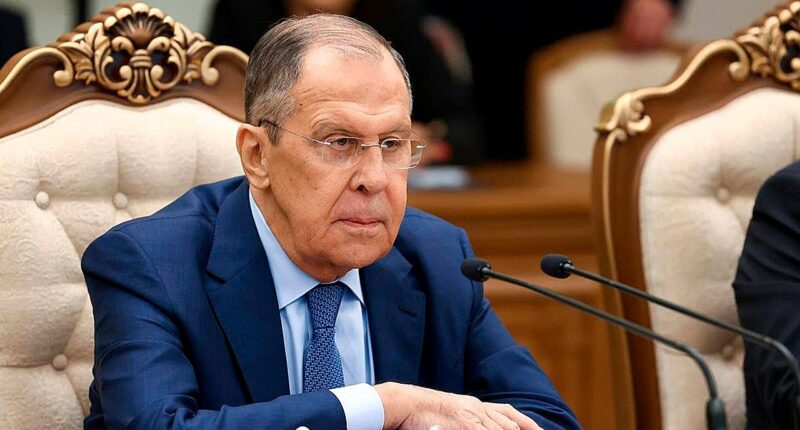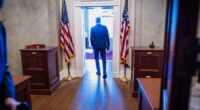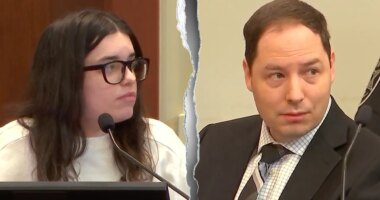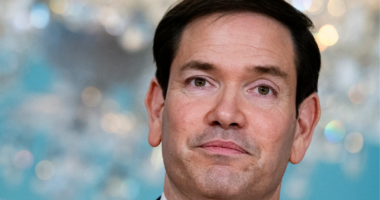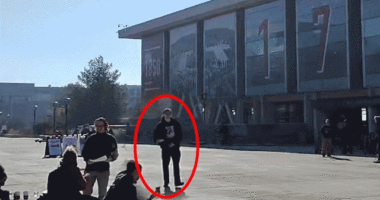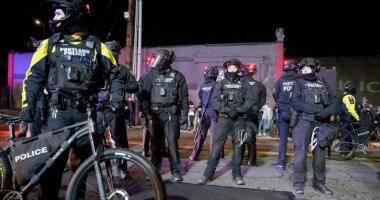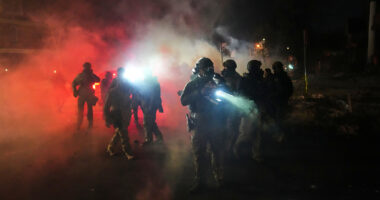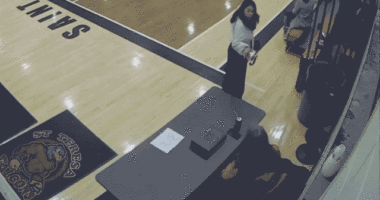Share this @internewscast.com
Russian Foreign Minister Sergey Lavrov has expressed his willingness to engage in another in-person discussion with U.S. Secretary of State Marco Rubio. This move highlights Moscow’s desire to maintain diplomatic dialogue, despite its steadfast position on the conditions for resolving the conflict in Ukraine.
Lavrov’s proposal, shared with the state-run RIA Novosti and initially reported by Reuters, underscores the importance of ongoing dialogue. “Secretary Rubio and I recognize the necessity for continuous communication,” Lavrov stated. “Discussing the situation in Ukraine and advancing our bilateral agenda are crucial, warranting regular phone calls and face-to-face meetings as needed.”
This diplomatic gesture follows shortly after a significant Russian weapons test that heightened global tensions. President Vladimir Putin recently announced the successful trial of a nuclear-powered underwater torpedo. In response, on October 31, the U.S. decided to cancel a planned summit in Budapest between President Donald Trump and President Putin due to Russia’s unwavering demands concerning Ukraine.
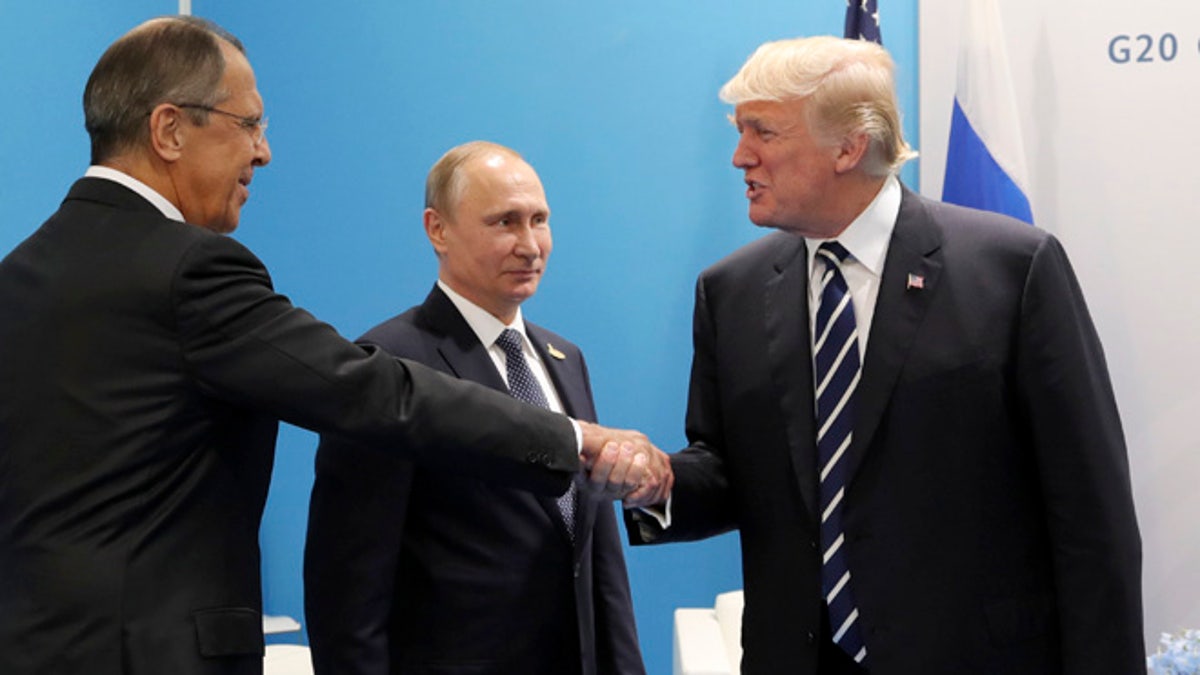
U.S. President Donald Trump greets Russian Foreign Minister Sergey Lavrov before talks with Russian President Vladimir Putin during the G20 summit in Hamburg, Germany, on July 7, 2017. (Mikhail Klimentyev, Kremlin Pool Photo via AP)
Recent Diplomatic Track
Since the beginning of the year, multiple rounds of discussions have taken place between the two nations. On February 18, in Riyadh, Rubio and Lavrov led delegations that reached an agreement to reestablish normal operations for diplomatic missions and form technical teams. A subsequent meeting on February 27 in Istanbul addressed embassy access, staffing, banking, and reestablishing direct air travel.
On July 10, the two met once more in Kuala Lumpur, where Rubio candidly expressed President Trump’s frustration with Russia’s inflexible stance. During the U.N. General Assembly in New York on September 24, Rubio reiterated the call for Russia to take “meaningful steps toward a durable resolution,” according to a statement from the State Department.
A Russian journalist speaking from Moscow on condition of anonymity told Fox News Digital that the nuclear test should be read as political signaling. “At the moment, Russia and the U.S. are trying to feel each other out in the diplomatic field. Nuclear test turmoil is a diplomatic lever and nothing more,” he said. Trump and Putin are “trying to play Nixon’s ‘crazy president’ card to see who chickens first, also to test reaction.”

In this photo released by the Russian Foreign Ministry Press Service via their telegram channel, Russian Foreign Minister Sergey Lavrov listens to North Korean Foreign Minister Choe Son Hui during their talks in Pyongyang, North Korea, on Thursday, Oct. 19, 2023. (Russian Foreign Ministry Press Service telegram channel via AP)
He added that the Kremlin remains committed to its objectives in Ukraine. “The Kremlin still wants to reach the objective of the ‘special military operation’ and is going to play it at a steady pace until Ukraine crumbles or something else happens.”
Rumors Around Lavrov’s Status Rejected
Rumors that Lavrov had fallen out of favor intensified when he missed a major Kremlin meeting. But on Nov. 7, the Kremlin “dismissed speculation,” Reuters reported.
The Moscow journalist confirmed the information to Fox News Digital: “The Kremlin denied these rumors twice. And it says a lot that Lavrov is not in disgrace. In Russia, usually officials in disgrace lose their position before it’s even become known to the public.” He added that Lavrov publicly addressed several issues yesterday, “so he is apparently sitting at the Foreign Ministry chair firmly.”
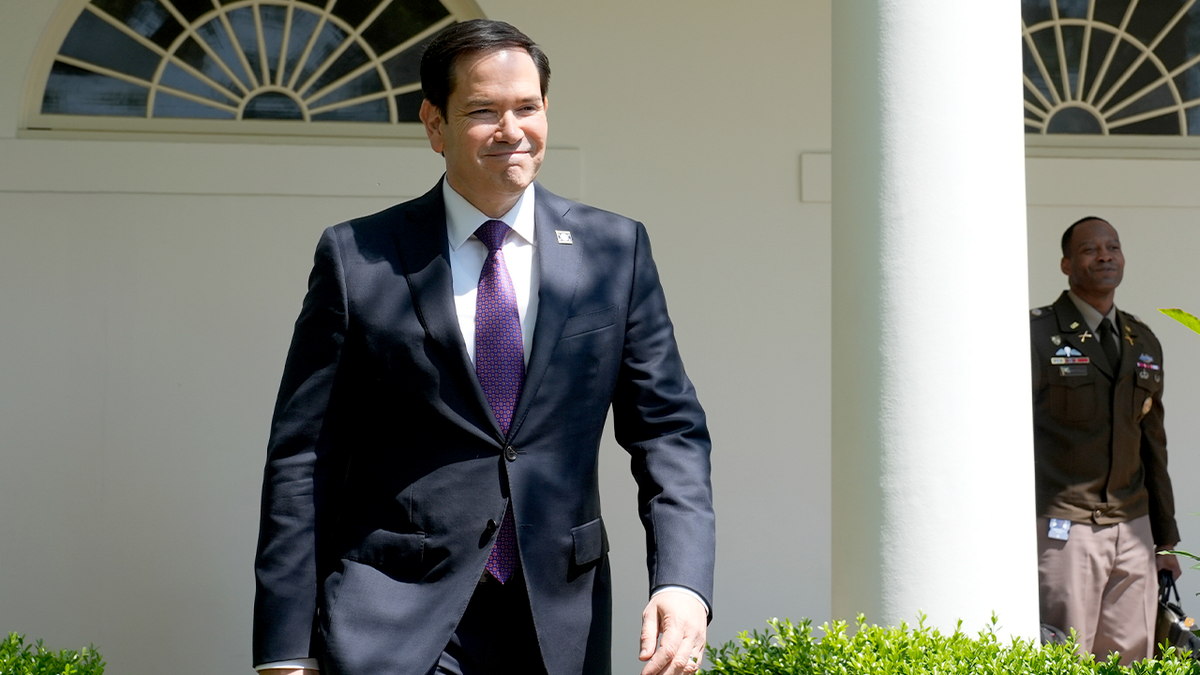
Secretary of State Marco Rubio arrives for an event in the Rose Garden of the White House in Washington, D.C., U.S., on Thursday, May 1, 2025. (Yuri Gripas/Abaca/Bloomberg via Getty Images)
Lavrov also reiterated Russia’s conditions for ending the war, Reuters reported. According to Reuters, he said, “No one questions the territorial integrity of Russia and the choice of the residents of Crimea, Donbas and Novorossiya,” and noted that Moscow is waiting for U.S. confirmation that earlier “Anchorage agreements” on frozen assets remain in force.
The U.S. State Dept. did not respond to a request for comment before publication time.
